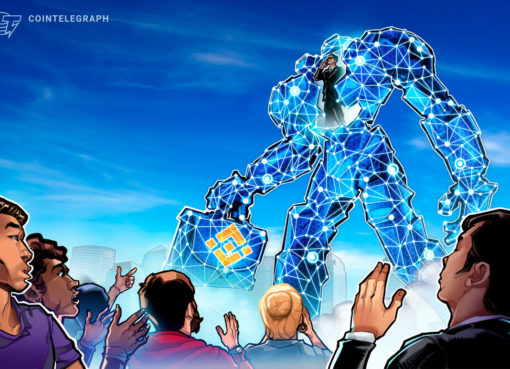Ethereum developers have proposed a hard fork, titled the Muir Glacier, which is aimed at addressing the impending Ice Age that could potentially slow down the Ethereum mainnet.
A hard fork refers to a radical change to a network’s protocol that makes previously invalid blocks and transactions valid or vice-versa and requires all nodes or users to upgrade to the latest version of the protocol software. Ethereum’s Ice Age, also called a Difficulty Bomb, is the increasing hashing difficulty in the mining algorithm used to reward miners with Ether (ETH) on its blockchain and serves to slow down the production of blocks.
In an Ethereum improvement proposal (EIP) from mid-November, devs have tentatively slated January 6 for the hard fork, which would prevent the Ice Age from going off for another 4,000,000 blocks or about 611 days. The developer behind the proposal, James Hancock, argues that the current implementation of Ice Age is unnecessarily complex and confusing to communicate to the community.
“This fork would give us time to address the community to understand their priorities better as far as the intentions of the Ice Age, and give time for proposals for better mechanisms to achieve those goals,” said Hancock.
In other Ethereum news, a developer currently employed by the network has been arrested after giving a talk at the Pyongyang Blockchain and Cryptocurrency Conference in North Korea in April. FBI Special Agent Brandon M. Cavanaugh alleges that Griffith was in violation of the International Emergency Economic Powers Act for traveling to North Korea without authorization and for providing knowledge on how blockchain technology can be used to engage in fraudulent activity, such as money laundering and sanction evasion.
>> VeChain (VET) Gains Momentum, But Will It Sustain?
Griffith’s arrest has sparked debate in the crypto world as to whether The Ethereum Foundation researcher’s lecture on providing public knowledge of open source technology constitutes a violation of economic sanctions or whether it is an act of admirably “freedom fighting.”
Featured Image: DepositPhotos © aa-w




